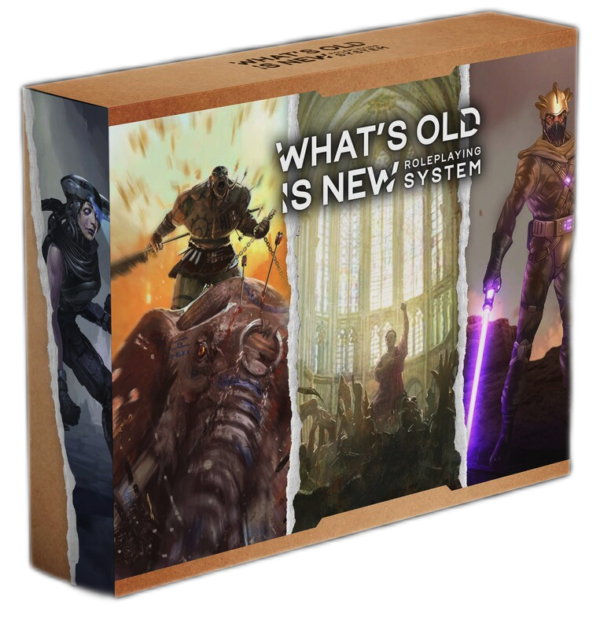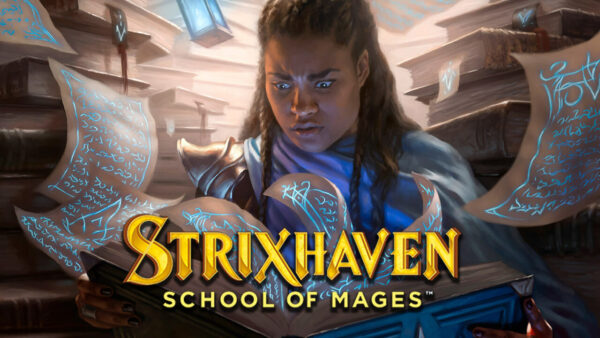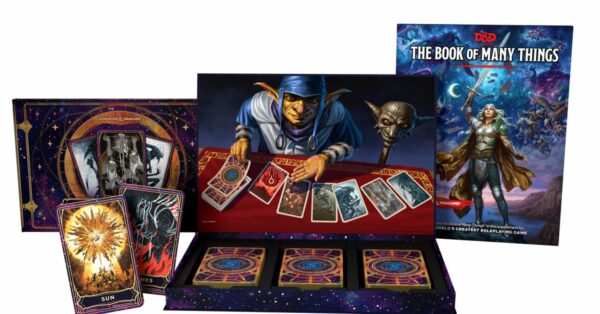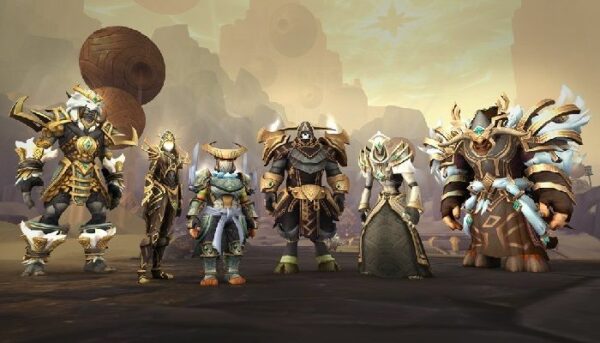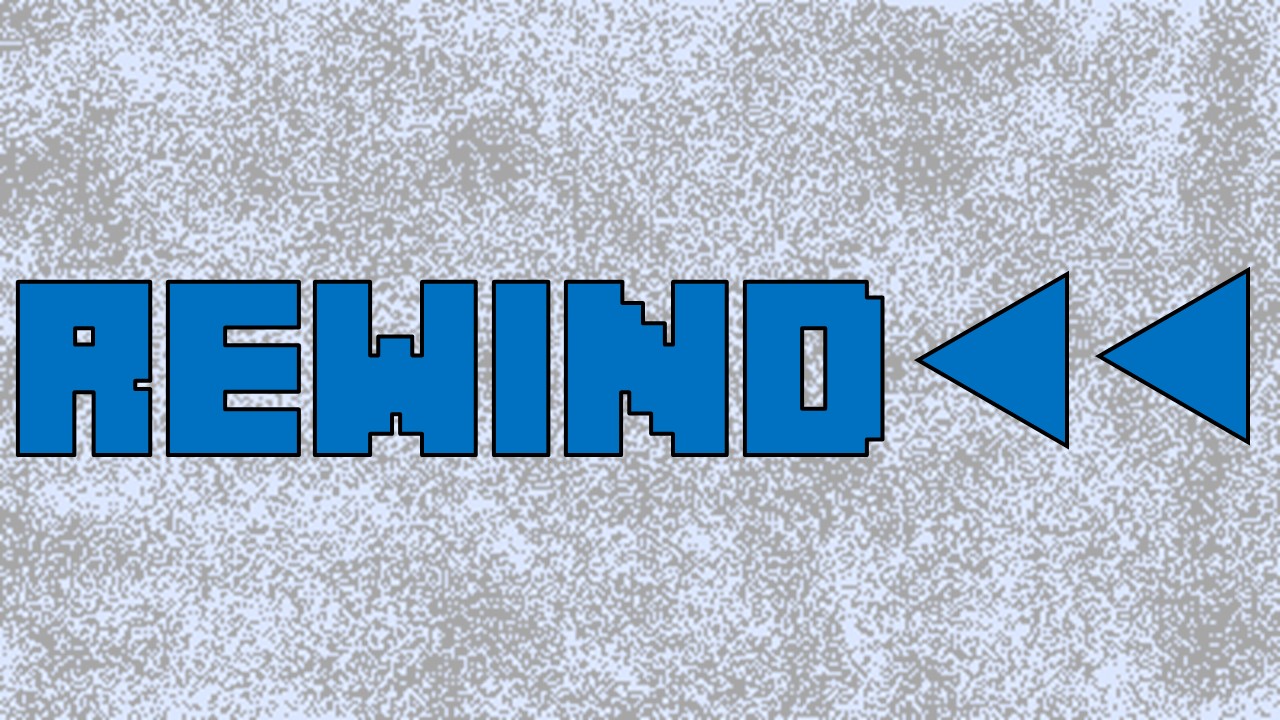
Do overs are common in video games. But can they work in role-playing games?

Do Overs in TV & Film
I recently watched a featurette on the excellent TV show “Elementary” (Sherlock Holmes in modern day, Dr. Watson a woman). They mentioned that inexperienced directors sometimes shoot too many takes. What are those directors looking for?
Consider how professional actors do things in TV and film. They are used to multiple takes. During the Lord of the Rings movie shooting, Ian Holm (Bilbo) taught Ian McKellan (then a famous stage actor) to do the scene differently each time, so the director could choose the one he preferred. Evidently, it isn’t always done this way. Sylvester Stallone was surprised that Jean Claude Van Damme (evidently a better actor than he’s often given credit for) did a scene very differently each take in Expendables 2.
Directors are effectively doing the scene over and over to find the best result. A director who works quickly, like Clint Eastwood, does fewer takes than most, but everyone does multiple takes. Yet multiple takes – do-overs – aren’t available on stage or in writing.
Do Overs in Board and Card Games
Go back far enough in history and prehistory, and the only games in existence were athletic events, and board games. There were no do-overs there! (Yes, you can play a board game again, or run a race again, but that’s not a do-over, that’s playing another time starting from scratch.) When playing cards became durable enough to become widespread, there were still no do-overs. And this continued until very recently.
Do Overs in Video Games
Now we have video games with their much greater influence than tabletop games, in numbers of players and time spent playing. I polled two college tabletop game clubs some years ago, and found that even those club members played video games more than they played tabletop games. In particular, video RPGs are much bigger than tabletop RPGs. For example, video RPG Skyrim alone has sold far more (in $$$) than all US tabletop RPG sales for more than a dozen years.
Going back to saved games is the norm in video game play. So it’s unsurprising that the idea of do-overs has become more common in tabletop RPGs as the influence of video games (and TV/films, for that matter) has increased.
This comes back to that major dichotomy of “RPG as game” vs “RPG as storytelling mechanism.” In film, novels, plays, the auteur (usually the author, in movies the director) can control what happens; not so in games. So in order to give the auteur more control, you must move away from the ways games do things, to something quite different.
Do Overs in D&D
There are in-game and out-of-game ways a game can rewind itself. In game, divine intervention or powerful magic might reset events. I recall early D&D where a wish was used only to wish away the fatal result of an entire adventure. Yet even if a wish was used, some GMs (including me) didn’t allow players to play the adventure over again, because there was no way to make the players forget what had happened the first time. Time travel can have a similar effect.
But it’s also possible that sometimes the game doesn’t work out such that players and game master may want to throw it out and start over. The problem is that any experiences during a do over may be new to the characters, but it’s not new to the players, so there’s no easy way to separate the experience out. This is not to say the game might play out differently, but the end result is that even when replaying, there’s still some player knowledge of how things turned out previously.
And that’s because role-playing games are dynamic creations created by a group. Save game and respawn are major reasons most video games are really puzzles, not games, but that’s a topic for another article.
Your turn: Our poll is an imprecise attempt to ask how much you allow rewinds in your games. I’m sure you can be much more specific if you wish.


